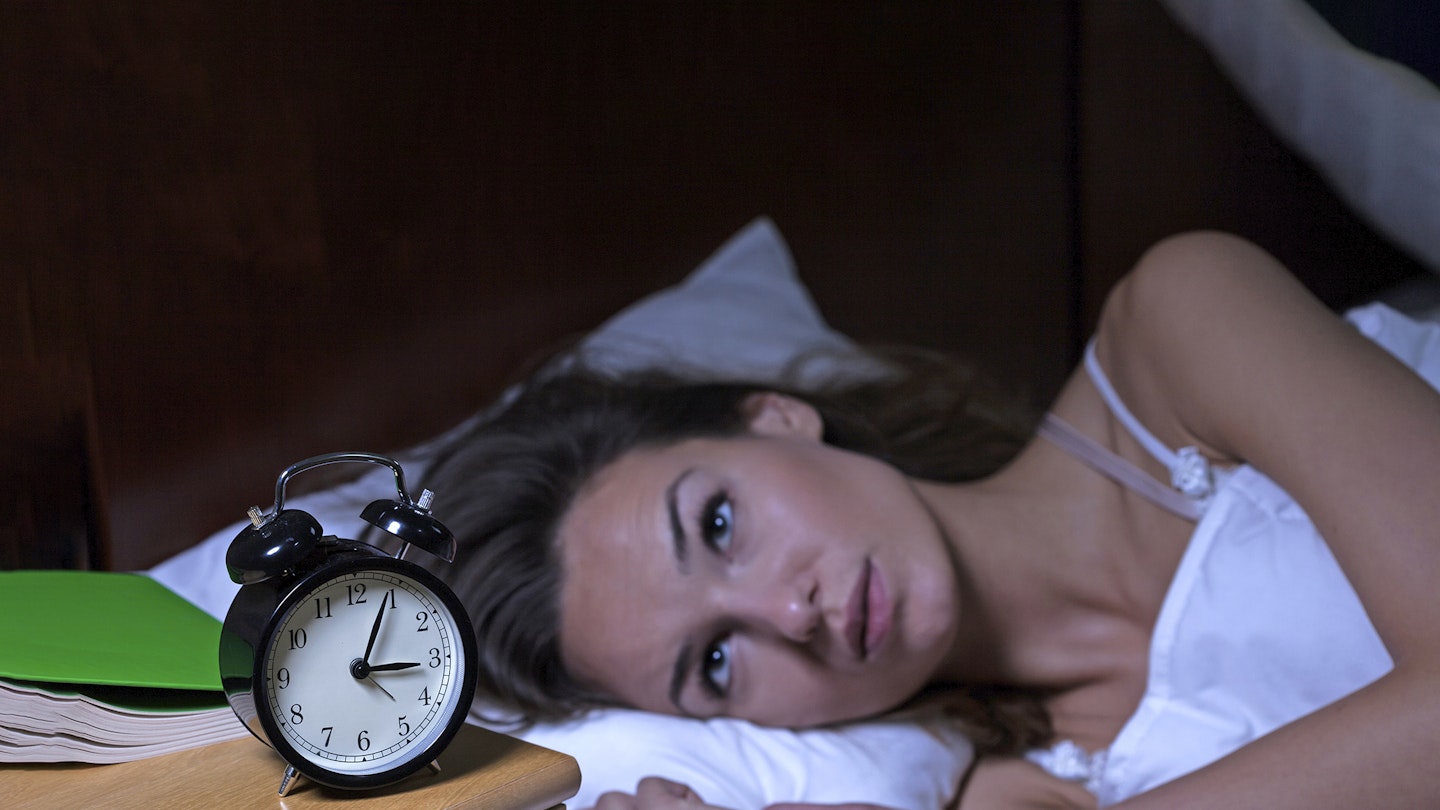Make sure you’re getting magnesium
Magnesium enhances your rest by helping you fall asleep faster, and also makes you more likely to stay asleep. Nuts, wholegrain bread, pasta, rice and green leafy vegetables are good sources.
Take a morning stroll
Whether you’re a night owl or a morning lark, experts agree that exercising first thing is one of the best natural cures for insomnia as it kick-starts your circadian rhythm (your internal 24-hour clock).
Set your alarm for the same time every day
Melatonin is a natural sleep hormone and when the sun goes down and darkness falls, the body releases it into your bloodstream, sending the signals that it’s time to sleep. Going to bed at a regular hour and getting up at the same time seven days a week is something that great sleepers do.
Ditch caffeine and sugar
Try to reduce your intake of sugars, caffeine, and refined carbohydrates to prevent highs prior to bed so the brain can enter a state of relaxation.
Eat gut-friendly foods
There’s growing evidence of a link between the bacteria within your gut and your brain. If you look after your gut health, it helps produce sleep-promoting hormones such as serotonin, which is turned into melatonin.
Take St John’s Wort
St John’s Wort supports sleep by elevating serotonin levels in the brain which facilitates the production of melatonin, and this aids deeper and better-quality rest. It can reduce the effectiveness of some medication so check before you take it.
